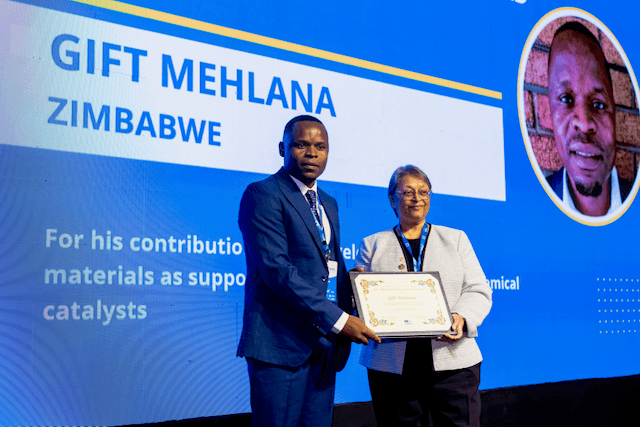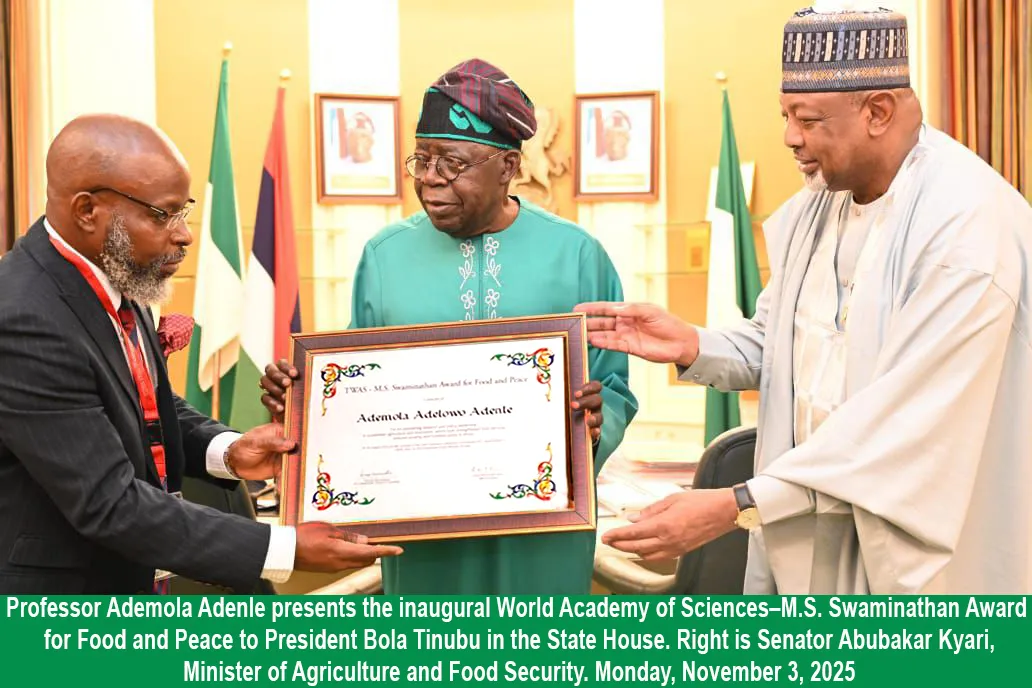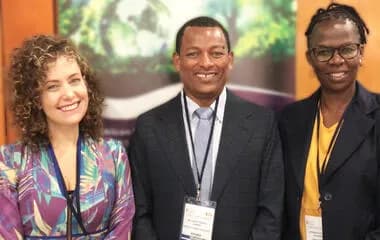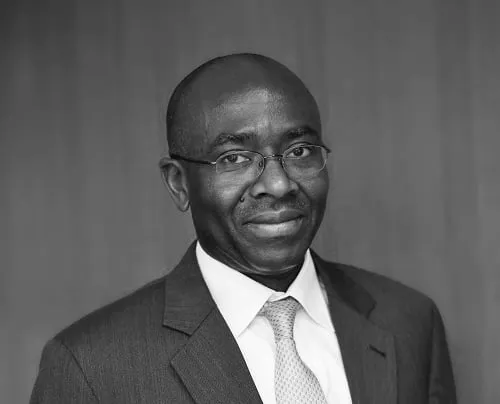News
.jpg&w=3840&q=75)
Recognizing the transformative power of science technology and innovation, the African Academy of Sciences (AAS), on Thursday 29th February 2024 launched its five-year strategic plan. With the launch of its five-year strategic plan spanning from 2023 to 2027, the AAS reaffirms its commitment to fostering excellence in science and driving sustainable development across Africa. For nearly 40 years, the AAS has advanced science in Africa through growing world-class scientific competencies and infrastructure across the continent.
The African Academy of Sciences (AAS) is an independent, non-aligned; pan-African and Africa-led organisation that strives to drive sustainable development in Africa through science technology and innovation (STI). Established in 1985 by 34 founding African Scientists, recognized and supported by the African Union with its headquarters in Nairobi Kenya. renewed mission; leveraging science, technology and innovation for the development and core values of integrity, diversity, excellence, empathy, and collaboration through fairness. AAS has a tripartite mandate of recognising excellence through the AAS’ highly prestigious fellowship and award schemes; providing advisory and think tank functions for shaping Africa’s Science, Technology, and Innovation (STI) strategies and policies; and implementing key STI programmes that impact Africa’s developmental prospects.
Professor Lise Korten, the president of AAS, in her opening remarks at the lunch of the strategic plan, gave a background on the organization’s drive for sustainable development, the milestones reached, and emphasized the need and importance of harnessing and tapping into the huge potential that lies in the young African population, endowed with incredible unique skills and capacity for developing through science excellence.
“What is important is to focus on increasing the number of scientists on the continent, specifically on PhDs, postdoctoral sciences, and developing the future noble laureates of the world,” Professor Korten noted.
“It is interesting to know that 29 out of the 500 Nobel laureates to date have been awarded to African scientists. This must change, and that is our vision to make a difference on the continent and tap into the incredible pipeline,” Professor Korten added.
“Today is the Africa we want, and the academy and our projected objectives: people, partnership, and excellence – we are the voice of the continent,” Professor Korten said.
Dr Peggy – Oti Boateng, the executive director of AAS noted that since the strike of COVID 19 the world has realized the importance of science technology and innovation as the main drivers of sustainable development and growth.
Dr Boateng reiterated that Africa with the youngest developing population in the continents needs highly skilled young people to drive the agenda 2063: The Africa we want and knowing that the Africa Union focuses on science technology and innovation. It is in within this contest and all the development dynamics in the world that new strategies have been developed. Dr Boateng further gave the overview of the five-year new strategic plan 2023 -2027.
Background to the development of the new strategic plan
The inception of the strategic plan was stated in mid-2022, with consultation with fellows and stakeholders and a presentation to the general assembly in December 2022. With an audit recommendation in mid-2023 for operations and an impact both internally and externally. Then, in July 2023, the new governing council revised the entire strategic plan to incorporate their input and strategic vision. And through online engagement with stakeholders in October 2023 to gather inputs and insights to further enrich the strategic plan, thus extending the timeline for its development and completion.
With lessons learned and opportunities in science for transforming lives, the AAS Strategic Plan (2023–2027) is anchored on the vision, renewed mission, and core values of AAS. The vision is to transform lives through science while the renewed mission is to Leverage on Science, Technology, and Innovation for sustainable development. AAS’s values that will guide the Secretariat, the Governing Council, Fellows, and Partners in implementing the mission to attain the vision are integrity, diversity, excellence, empathy, and collaboration through fairness. Page 2 of 4 The Strategic Plan (2023–2027) is centred around three broad operational themes stated as follows:
People – providing an enabling environment for learning and growth.
Partnerships – key focus on nurturing strategic partnerships.
Excellence – supporting the best people, places, and programmes to undertake relevant research.
The roadmap adopted by AAS in this strategic plan is clearly outlined to monitor progress and assess impact. Successful implementation of the plan will enable AAS to assert its pan-African leadership ‘think thank’ advisory role in science and be a major player in scientific research for sustainable development. As a matter of priority, the focus will be on emerging global disruptions, Africa’s articulated development priorities, and socio-economic development needs. This will be based on five focus areas, which are summarized as follows:
Policy and governance
Natural sciences
Environmental and climate change
Health and wellbeing
Social sciences and humanities.
“As we execute this plan, our collective vigilance continues in monitoring and evaluation will prove indispensable, safeguarding the alignment of actions with the esteemed values of the AAS.” Dr Boateng said.
“The prospect and opportunity in science is huge we need to develop the landscape to anchor science at multiple and transdisciplinary and agile level to make it work for Africa industrial environmental and socio-economic development. The AAS cannot do this alone, so we invite all to join in making science work for the Africa we want” Dr Boateng noted.
Original article written by David Arome and published in The Development Report.




